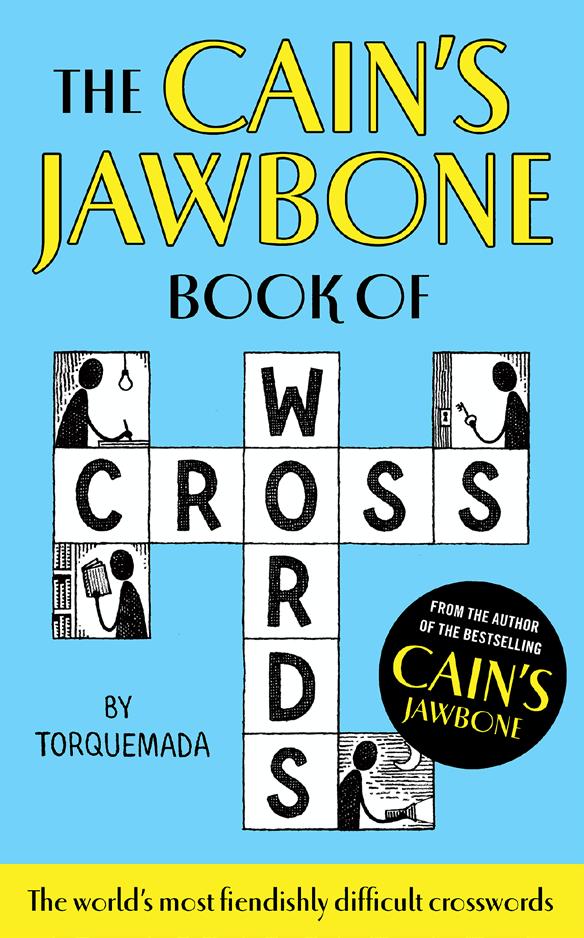
2 minute read
Iriaka Rātana
n e W Ze ALA nd
Iriaka Rātana was the first Māori woman to be elected to the New Zealand parliament in 1949
Advertisement
Iriaka Te Rio was born in 1905 on the Whanganui River, a sacred place to the Māori people. In her teens Iriaka’s family moved to the Rātana community, the home of the Christian and political ‘Rātana movement’. Its leader was Tahupōtiki Wiremu Rātana, a visionary who was challenging the New Zealand prime minister and the British crown. The community was made up of members of Māori tribes who felt dispossessed and came to support the organisation which sought redress for land confiscations and breaches of a treaty which guaranteed Māori rights.
Iriaka was a talented musician and performer and played in the band that accompanied Rātana on his tours around the country. In 1925 she married him, becoming his second wife, and had two children, losing one to tuberculosis. After the death of her husband in 1939 she married Matiu Rātana, his son by his first marriage. By then, she was one of the most influential women in the Rātana movement, which had become ever more political, allying itself with the country’s Labour Party.
Together with her second husband she farmed a dairy unit under a Māori land development scheme, and they had six children. When her husband was chosen by the Labour Party to stand as MP for Western Maori in 1945, Iriaka took charge of the farm, milking sixty or more cows and caring for her family of young children.
In 1949 Matiu suffered a serious car accident and died, still only in his thirties. Despite her grief, her farming responsibilities and being heavily pregnant, Iriaka announced her intention to stand in her husband’s seat. Her decision met with opposition from some Māori who felt it was wrong for a woman to take the role representing the Western Maori electorate. Te Puea Hērangi, a leader of the Tainui people, criticised Iriaka at a large public meeting, condemning the idea that any woman should ‘captain the Tainui canoe’. But Iriaka was selected as the Labour candidate and won the election with a comfortable majority. She gave birth in the weeks after and then entered parliament. She said, ‘As the first woman to represent Māori in Parliament, I aim to represent Māori around the country and their varying needs… I aim to end hopelessness for Māori trapped in a descending spiral of poverty, unemployment and lack of education. I believe that these issues can be solved by a caring department of Māori affairs with Māori welfare officers, and other more specialised organisations such as the Māori Women’s Welfare League.’
Once in parliament she focused on social issues, such as housing for the elderly and recently urbanised Māori youth, education and training for Māori, and redevelopment of the Rātana community. In the 1957 election Iriaka had the highest majority in the country and became an advisor to Prime Minister Walter Nash. Iriaka served in the House of Representatives for twenty years. She had a reputation for being polite and positive, and was respected by both sides of the House. It wasn’t until 1967 that another Māori woman joined her in parliament.
She retired from parliament in 1969, returning to her farm, wearing her gumboots, going to the races and weaving korowai (Māori cloaks). She died in 1981, survived by nine children and many grandchildren.










